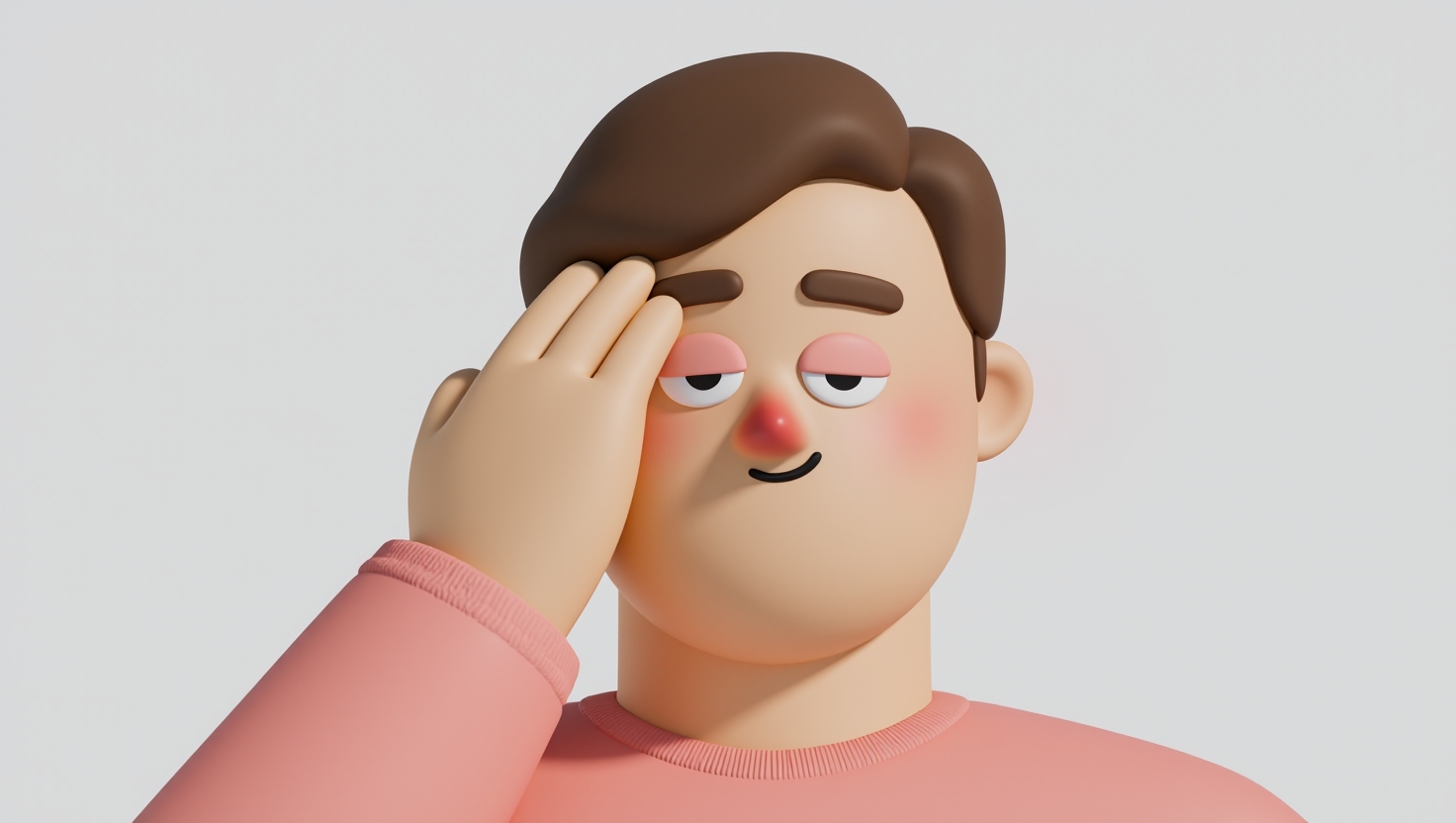What Is Hearing Loss? Understanding When Hearing Is Getting Worse
Hearing plays a big role in how we connect with the world and engage with those around us. It allows us to enjoy conversations, music, nature, and everyday sounds that help us feel safe and informed. When hearing starts to decline or get worse, it can affect many parts of daily life—from how we communicate to our overall well-being. But what does it really mean when your hearing changes? Let’s take a closer look at what hearing loss is, why it happens, and when you might consider seeing a healthcare professional to address these changes.
What Does It Mean When Hearing Is Getting Worse?
Hearing loss means that sounds don’t come through as clearly or as loudly as they did before. Sometimes, this change happens so gradually that it might not be noticed at first—almost like the volume on life is slowly being turned down. Other times, hearing loss can come on more suddenly, making conversations, environments, and alerts harder to understand.
People experiencing worsening hearing often notice things like having to ask others to repeat themselves or needing to turn up the volume on devices such as the TV, radio, or phone to levels others find too loud. These are common signs that the ears aren’t picking up sounds as well as they used to.
Beyond just making it harder to hear, worsening hearing can impact how people communicate and connect with others. For example, missing parts of conversations may lead to misunderstandings or frustration. Social gatherings that used to feel enjoyable might seem tiring or confusing. This can affect relationships and, over time, may contribute to feelings of isolation or decreased confidence.
A useful analogy is to think of hearing like a radio signal: if the signal weakens or is interrupted, some stations drop out or become fuzzy. The ears and brain rely on clear “signals” to process sounds, so any disruption can change the way daily life is experienced.
Common Causes of Hearing Loss
There are many reasons why hearing might get worse over time or suddenly. Here are some common causes to be aware of (for informational purposes):
- Aging: One of the most common reasons for hearing loss is natural wear and tear on the ears and auditory system as people get older. Age-related hearing loss typically affects high-frequency sounds first, making it harder to hear things like birds chirping or a child’s voice.
- Noise exposure: Long-term exposure to loud sounds—whether from noisy work environments, concerts, fireworks, power tools, or headphones at high volume—can gradually damage the tiny hair cells in the inner ear. Once damaged, these cells cannot regenerate, leading to permanent hearing loss. For example, repeated exposure to sounds above 85 decibels (like heavy traffic or a loud music concert) over several hours increases risk.
- Ear infections or blockages: Temporary hearing loss can occur if fluid builds up from an ear infection or if earwax accumulates and blocks the ear canal. While often reversible with treatment or cleaning, these can still disrupt hearing in the short term.
- Injury: Trauma to the head or ear, or exposure to a sudden extremely loud noise (such as an explosion), can damage the ear’s delicate structures and lead to immediate hearing changes.
- Certain illnesses: Some medical conditions like diabetes, autoimmune diseases, and viral infections can affect hearing. For instance, Ménière’s disease is a disorder that causes episodes of hearing loss, tinnitus, and dizziness.
- Medications: Some prescription and over-the-counter drugs may have side effects that impact hearing. These include certain antibiotics, chemotherapy drugs, and nonsteroidal anti-inflammatory drugs (NSAIDs).
When Should You Consider Seeing a Healthcare Professional?
If changes in hearing are noticed, it can be helpful to talk to a healthcare professional when any of the following occur:
- Frequently asking others to repeat themselves during conversations.
- Struggling to understand speech, especially when there is background noise like in restaurants or social gatherings.
- Turning up the volume on devices (TV, phone, radio) to levels that bother others.
- Hearing ringing, buzzing, or other persistent sounds in the ears (known as tinnitus).
- Hearing loss affecting work performance, safety (for example, hearing alarms or traffic), or personal relationships.
Early assessment by a healthcare provider or audiologist can help determine the cause of changes and discuss strategies or treatments that may improve hearing and communication. This might include hearing tests, ear exams, or referrals for specialized care.
How Worsening Hearing Impacts Life
Hearing challenges often cause frustration and misunderstandings in both personal and professional settings. Missing key points in conversations can make interactions feel exhausting or embarrassing. This may result in avoiding social gatherings or tasks that were once enjoyable, leading to social withdrawal.
For example, someone who once enjoyed attending family dinners might avoid them because it is difficult to follow conversations over the noise. This can unintentionally cause feelings of loneliness or isolation, which have been linked to increased risk for depression and cognitive decline.
In fact, studies show that untreated hearing loss is associated with a higher risk of dementia and mental health issues such as anxiety and depression. This highlights the importance of addressing hearing loss early to maintain quality of life.
Understanding what hearing loss is and recognizing the warning signs helps people seek timely care. It also encourages using communication strategies—like asking for clarification, reducing background noise, or using hearing assistive devices—to stay connected and engaged.
---
Ready to schedule a visit? Contact Sleep and Sinus Centers online or call (678) 689-1100 to book an appointment and receive expert advice tailored to hearing and overall health needs.
This article is for educational purposes only and is not medical advice. Please consult a qualified healthcare provider for diagnosis and treatment.
Don’t let allergies slow you down. Schedule a comprehensive ENT and allergy evaluation at Sleep and Sinus Centers of Georgia. We’re here to find your triggers and guide you toward lasting relief.



